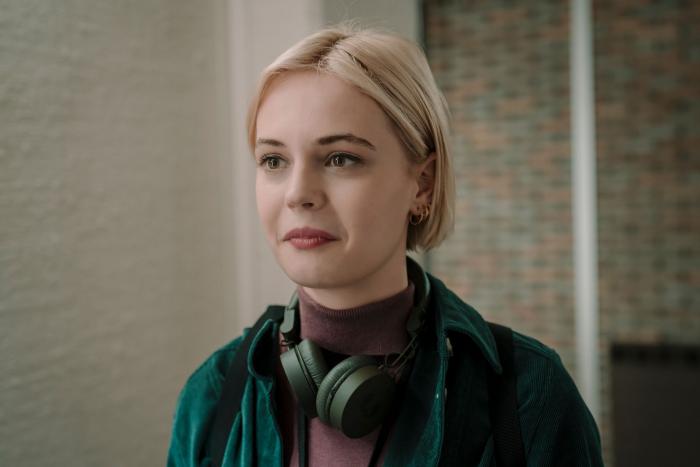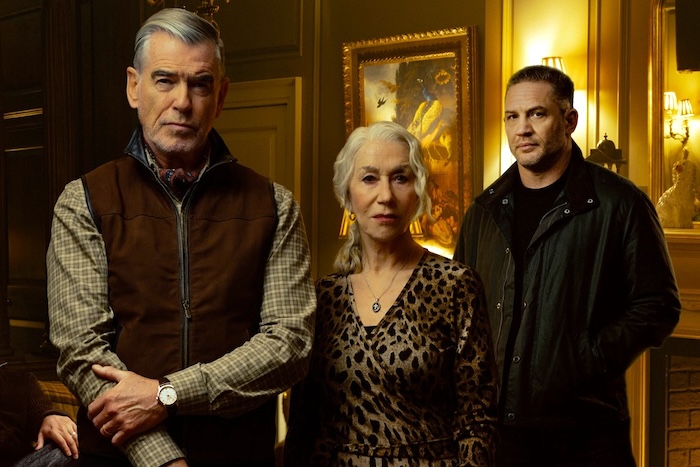
'Patience' and Ella Maisy Purvis's Authentic Portrayal of Autism
By Dustin Rowles | TV | June 24, 2025

I was drawn to the new PBS series Patience because I’m a sucker for contemporary mystery dramas and a longtime fan of Laura Fraser, who plays DI Bea Metcalf, and who many might remember as Lydia Rodarte-Quayle from Breaking Bad. But it’s the phenomenal performance of Ella Maisy Purvis that’s kept me locked in through the show’s first two episodes.
Purvis plays Patience Evans, an autistic woman working in the criminal records department who eventually becomes a civilian consultant to Bea thanks to her ability to find patterns and connect the dots. What I appreciate most is that the show doesn’t treat her neurodivergence like a narrative gimmick. It doesn’t just borrow her brilliance to serve the case of the week; it actually reckons with the everyday costs of that brilliance. Yes, she loves solving puzzles, but the inability to do so can literally keep her up at night. And the unpredictable nature of detective work clashes hard with her need for routine.
Originally trained as a ballet dancer, Purvis was cast after an open audition for autistic actors (neurodivergent performers also appear in support group scenes), and both she and the writers draw from her lived experience. She’s said she often practices conversations in front of a mirror before delivering them, just as Patience, in the pilot, writes herself a full phone script before making a call (Same, Patience).
The show doesn’t condescend to Patience, nor does it flatten her into the usual quirky-savant stereotype. She’s stubborn, empathetic, frequently frustrated with the world around her, and sometimes a real pain in the ass. That complexity makes her dynamic with Fraser’s Bea feel earned, especially as their mutual trust deepens.
There’s also something refreshingly low-key about how Patience resists drama for drama’s sake. Instead of dumping its protagonist into contrived situations, the show mines tension from broken routines, missed cues, and sensory overload. In one interrogation scene, Patience is too overwhelmed to speak. In another, Bea snaps her out of a spiraling routine by dangling a logic puzzle she can’t resist. It’s small, but smart.
In other words, it’s not just that we’re watching a detective story told from a different perspective. The show reshapes the genre itself to accommodate a protagonist who’s rarely been centered in it except as a plot device. Here, the narrative is grounded in her perspective, not the filtered gaze of those around her. And while I’m not neurodivergent, that framing creates room for connection. What creator Matt Baker and Ella Maisy Purvis have done here is a lot smarter than it might sound in a logline, and I, for one, have been really taken by it.
‘Patience’ is currently streaming on PBS Masterpiece or airing on PBS’s linear channel.



